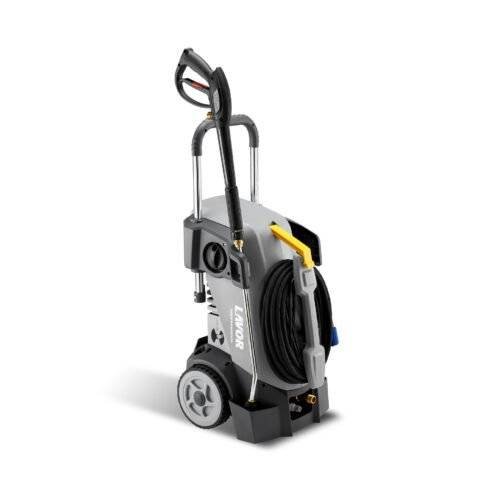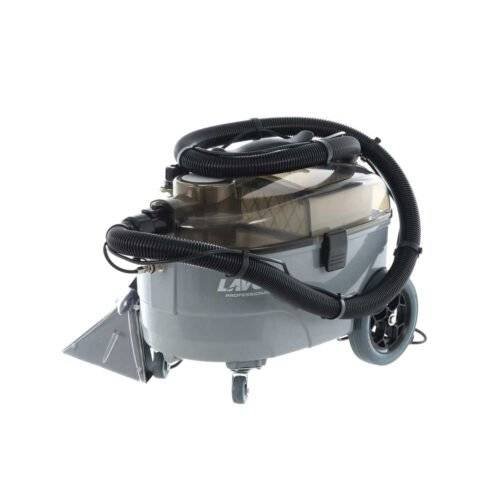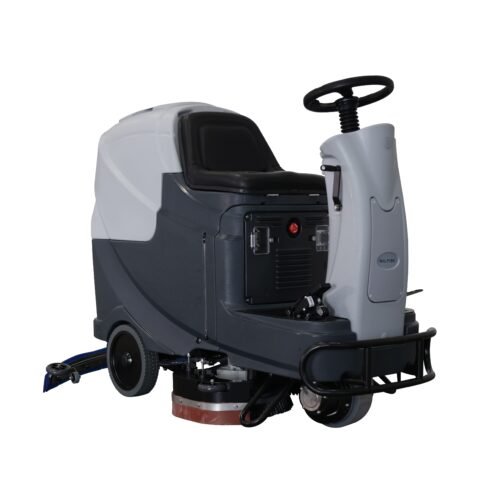WELCOME TO KINGHOME
Get A Free Quote
We will get back to you within 8 hours












KingHome supplies professional floor cleaning, polishing and grinding machines engineered for commercial facility maintenance and stone fabrication operations. These machines handle marble, granite, terrazzo, and engineered stone surfaces in hotels, corporate facilities, retail centers, and public buildings where natural stone durability and appearance directly impact property value and visitor experience.
Commercial stone polishing equipment ranges from single-disc manual polishers for detailed restoration work to multi-head planetary grinding machines capable of processing 800-1,000 square feet per hour. Motor specifications typically span 1.5-3kW for handheld units and 10-30kW for industrial floor grinders, with variable speed control (300-1,400 RPM) essential for matching machine performance to stone hardness—softer marble requires lower speeds while granite demands higher rotational force and diamond abrasive tooling. Working widths vary from 200mm edge polishers to 550mm+ floor grinders, determining coverage rates and operational efficiency for different facility sizes.
Professional-grade machines incorporate water-feed systems for dust suppression and thermal management, planetary head assemblies for even pressure distribution, and compatibility with progressive diamond pad sequences (50-3000 grit) that transform rough-ground surfaces to mirror-finish polishes. Facility managers specify equipment based on total floor area, stone type prevalence, maintenance frequency, and whether operations require restoration capabilities or routine maintenance polishing. High-traffic commercial installations benefit from machines offering quick-change tooling systems and adjustable pressure controls that adapt to varying stone conditions without equipment changeover.
KingHome's partnership with Italian manufacturer Klindex provides access to CE-certified industrial grinding and polishing systems meeting international safety and performance standards. Equipment selection requires matching motor power, head configuration, and abrasive compatibility to specific stone types and facility maintenance schedules. Technical consultation helps procurement teams evaluate single-phase versus three-phase power requirements, determine appropriate working widths for facility layouts, and specify features like dust extraction ports, water tank capacity, and transport configurations for multi-floor operations.
Stone care machines represent capital investments requiring consideration of consumable costs (diamond tooling, polishing pads), operator training requirements, and maintenance support availability. Professional equipment delivers consistent surface finishing, extends stone lifespan through proper maintenance protocols, and maintains the aesthetic standards essential in hospitality, corporate, and high-end retail environments where natural stone surfaces contribute significantly to property differentiation and market positioning.
GET IN TOUCH
A: Commercial stone polishing machines require 1.5-3kW motors for handheld applications and 10-30kW for industrial floor grinders. Granite and hard stone demand higher power specifications due to material density, while marble and softer stones perform adequately with mid-range motors. Variable speed control (300-1,400 RPM) is essential for matching rotational force to stone hardness and preventing surface damage during grinding operations.
A: Facility maintenance applications benefit from planetary head floor grinders with 400-550mm working widths, processing 800-1,000 square feet hourly. Multi-head configurations (3-4 grinding heads) provide even pressure distribution and faster coverage rates than single-disc machines. Essential features include water-feed dust control, quick-change tooling systems for different stone types, and adjustable pressure settings. Single-disc polishers supplement floor grinders for edge work, stair treads, and detailed restoration projects.
A: Grinding machines remove material using coarse diamond abrasives (50-400 grit) to level uneven surfaces, eliminate scratches, or expose aggregate in concrete. Polishing machines refine surfaces using progressive fine abrasives (400-3000 grit) to achieve gloss finishes. Many professional units function as combination grinder-polishers through interchangeable tooling plates. Grinding requires higher motor torque and rigid head assemblies, while polishing emphasizes consistent pressure and speed control for uniform shine.
A: Professional stone machines handle multiple stone types through adjustable speed settings and appropriate diamond tooling selection. Marble (Mohs 3-4 hardness) requires softer bond diamonds and lower speeds to prevent thermal damage and achieve proper crystallization. Granite (Mohs 6-7) demands harder bond diamonds, higher rotational speeds, and increased pressure for effective material removal. Variable-speed machines are essential for facilities maintaining diverse stone installations.
A: B2B stone polishing equipment should carry CE certification demonstrating European safety and performance compliance, particularly important for international manufacturers. Additional relevant standards include electrical safety certifications (IEC 60335 for motor safety), dust extraction compliance (where applicable), and motor efficiency ratings. Professional suppliers provide technical documentation, operator training materials, and warranty coverage. Equipment operating in food-service or healthcare facilities may require additional hygiene certifications.